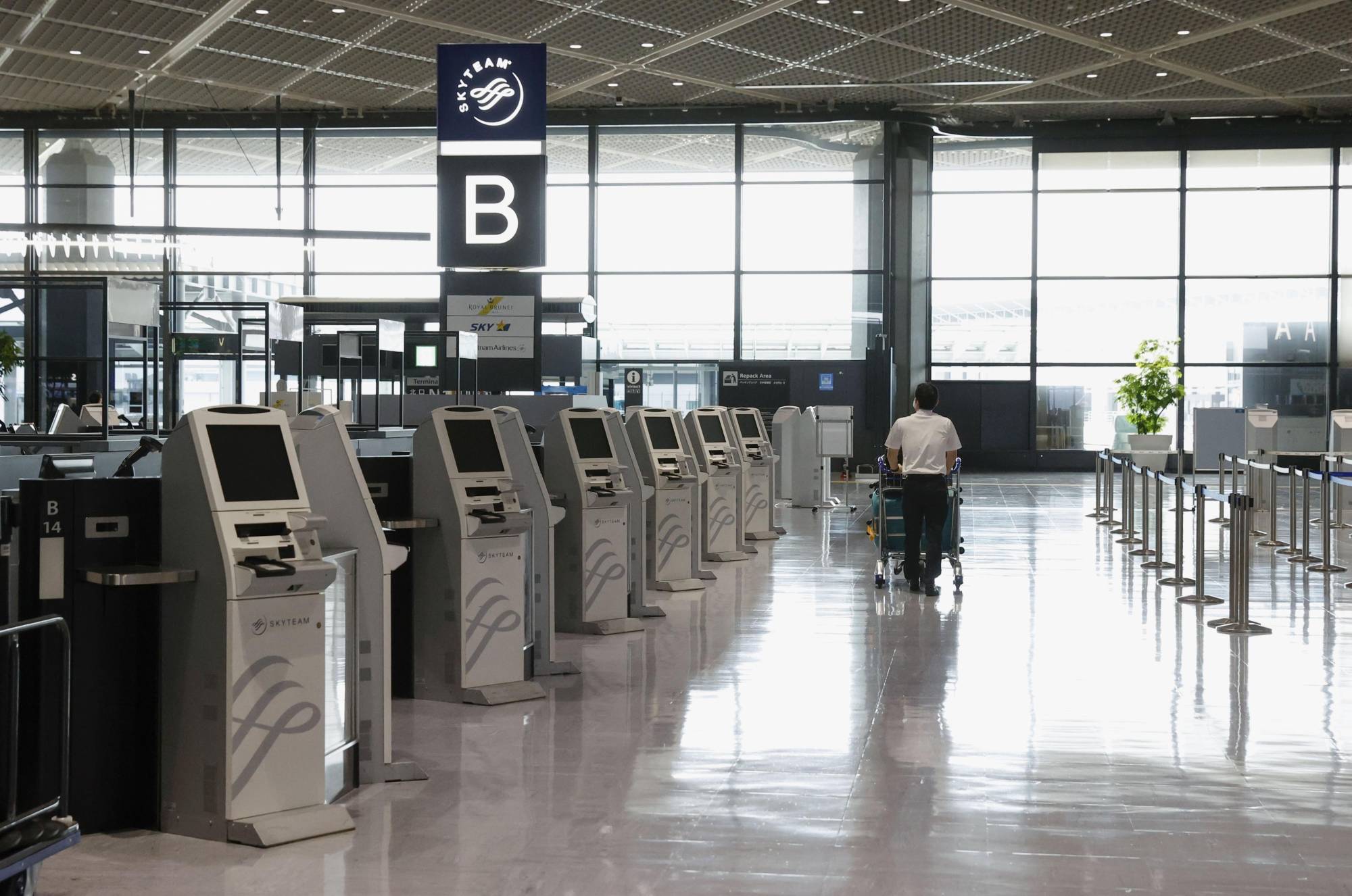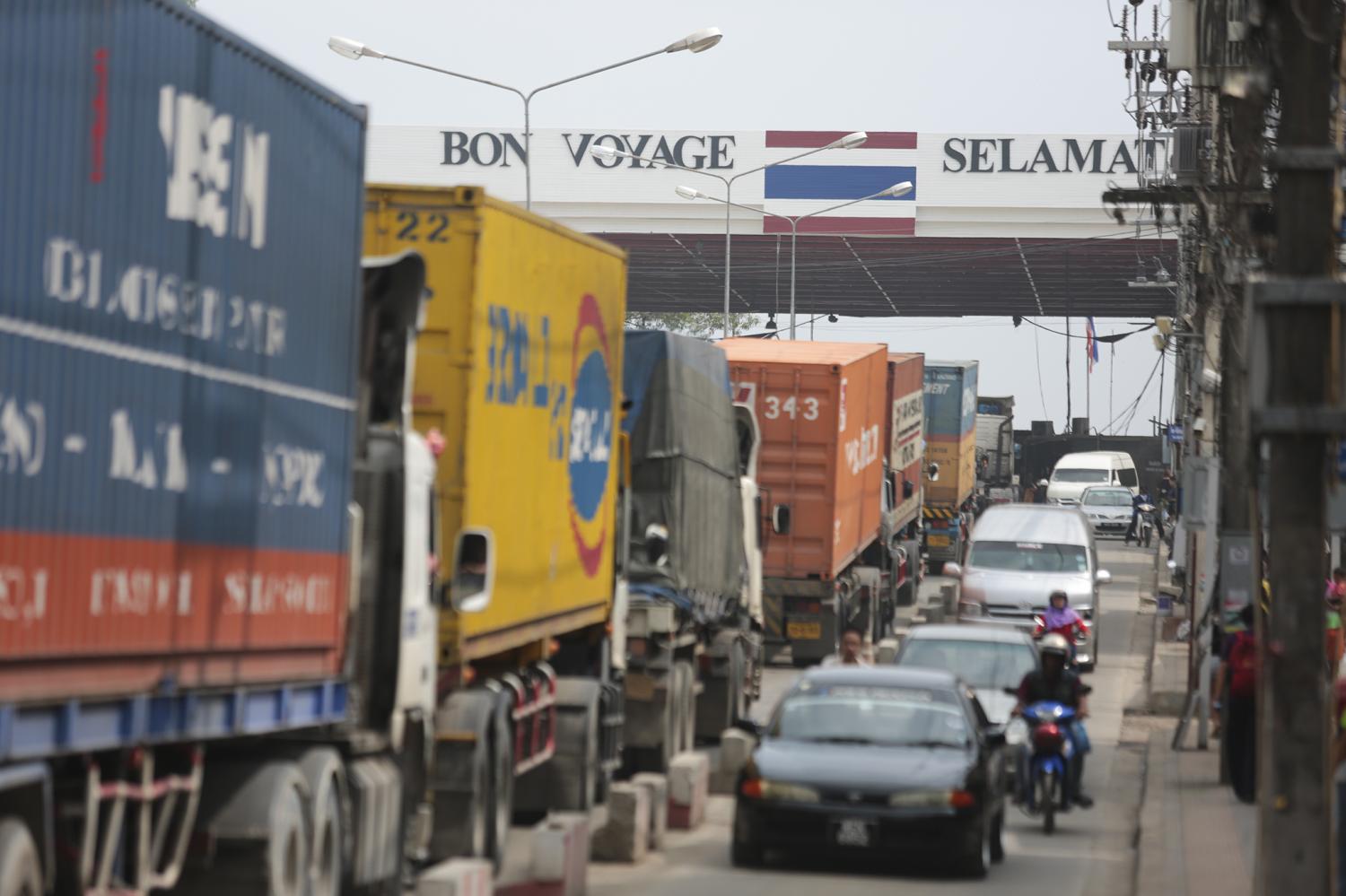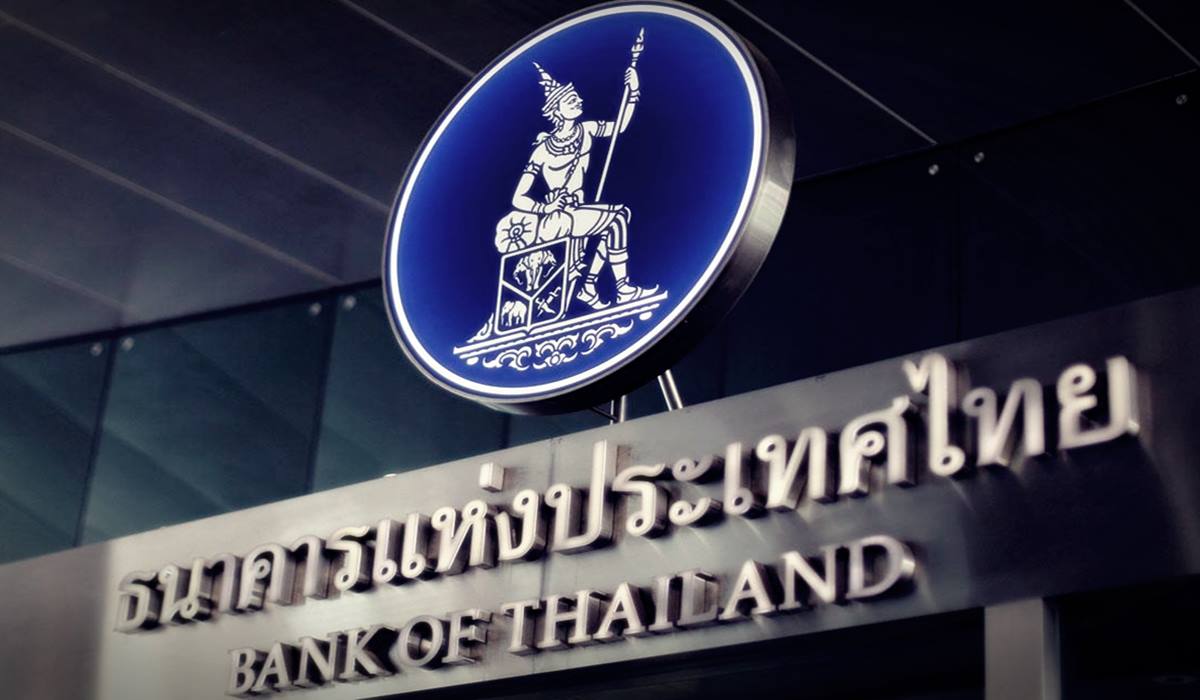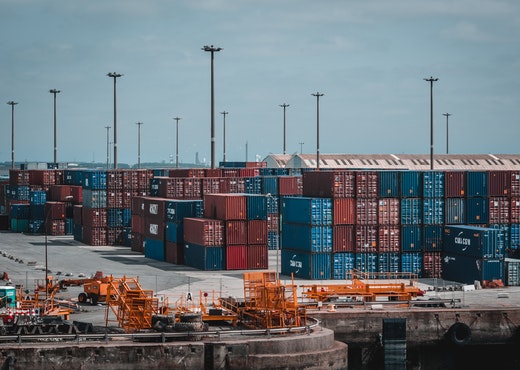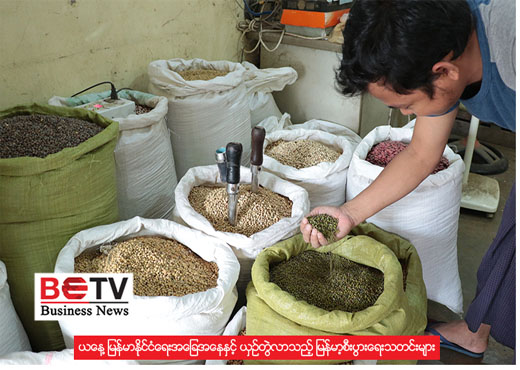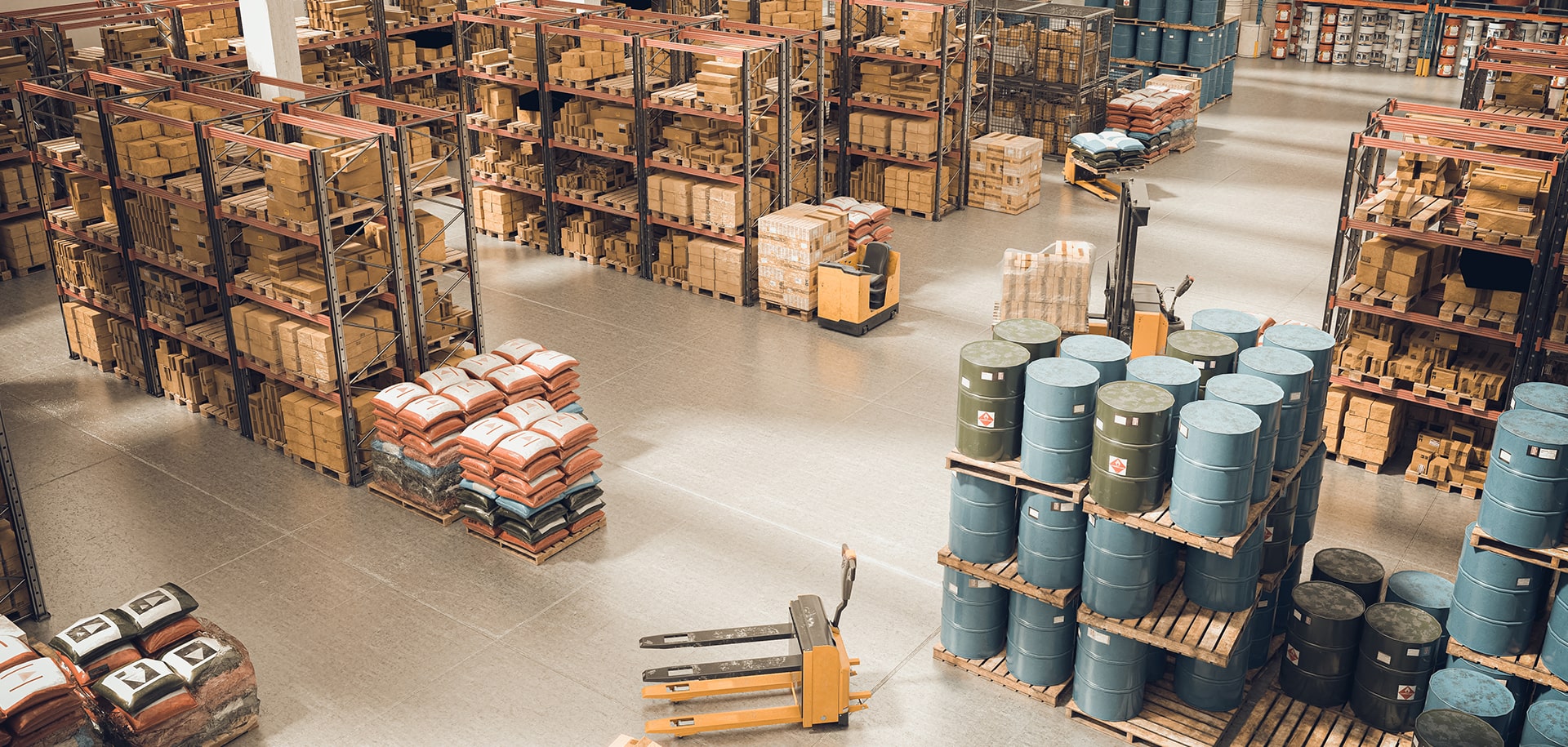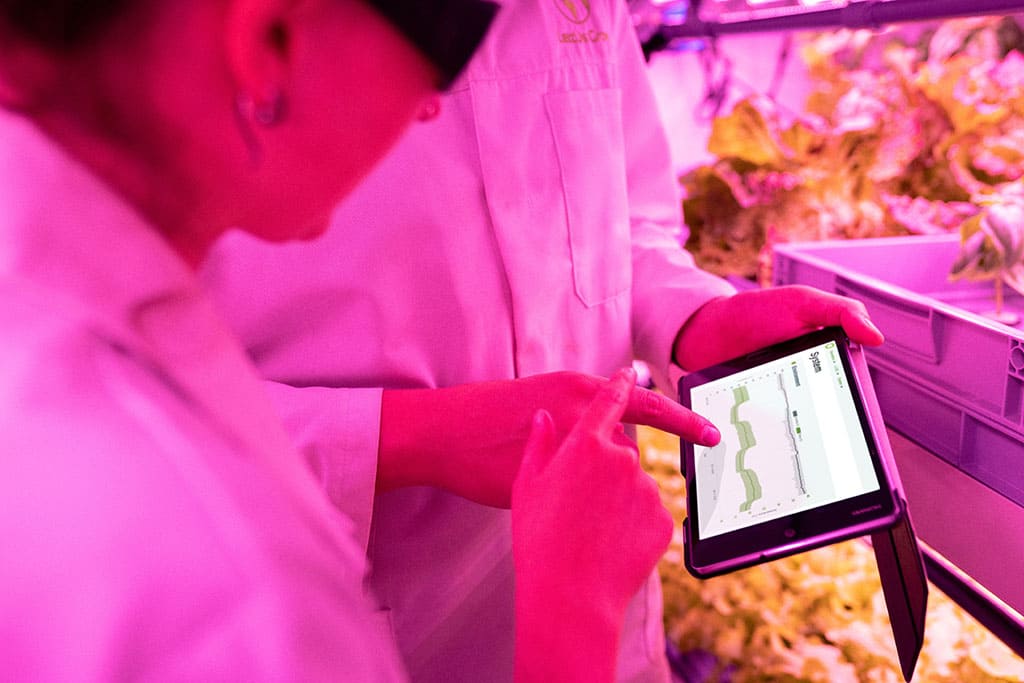The government needs to enhance capability of small and medium enterprises through entrepreneurial development and incubation programs in order to fully maximize and grow their businesses, a senior official has said.
Kasan Muhri, head of Trade Analysis and Development Agency at the Trade Ministry, said if local companies can maximize know-how and technological skills by linking with the transnational companies (TNCs), they can build their own capacities based on these incentives and even expand their businesses by using the TNC’s networks.
“The government needs also to strengthen the regulatory working environment to expand employment, upgrade technology and contribute to global value chains,” Kasan added.
Aside from that, the government also needs to develop science, technology and innovation infrastructure to enable companies to build more efficient business practices, he emphasized.
Kasan raised those points during a webinar organized by ASEAN-Japan Center (AJC) on May 27, 2021, in response to AJC’s paper titled “Non-Equity Modes of Trade in ASEAN: Promoting new forms of trade between Japan and ASEAN: Paper 3 Indonesia”.
According to the paper, non-equity modes (NEMs) of trade in Indonesia is foreseen to potentially play a role in expanding opportunities to participate in global value chains and are critical for inclusive economic development especially during the COVID-19 pandemic.
In general, Kasan added, host country governments prefer equity modes (EMs) to NEMs, because EMs give higher level of commitment and bigger impact of the foreign presence to the performance of local economy.
He added non-equity modes are essentially contractual modes, such as leasing, licensing, franchising and management-service contracts.
A smaller degree of ownership means lower commitment on the investment. It shows strategic policy to mitigate business risk in host country. The higher the business risks faced by foreign investor the lower the level of commitment an investor has, he added.
Data shows, Indonesia is the seventh largest economy in the world, and one-third of the country’s economy is contributed by investments.
Contract-based business or NEMs in Indonesia exists in natural rubber industries in the form of contract farming, in footwear industry through outsourcing and subcontracting, in fast-food and convenience stores through franchising, and in international hotel chains through management contracts or licensing agreements.
The enforcement of Law No. 11/2020 on Jobs Creation aims to ease the main obstacles to investing in Indonesia, and benefits also NEMs by attracting investors to Indonesia with the expected ease of doing business in the country.
NEMs present opportunities that are not found in foreign direct investment (FDI). For example, it is an attractive choice for international brand owners and TNCs considering their flexibility to enter the Indonesian market through contractual agreements with local companies.
To meet TNCs’ standards, local companies are expected to be equipped with management and technological skills and capacity. However, as transnational corporations can easily terminate contracts, a long-term deal is not guaranteed particularly when the quality of goods and services does not meet the TNC’s standards.
While FDI may have a better advantage than NEMs in terms of bringing in capital, NEMs expand the operational methods to have local Indonesian firms engaged in international networks of production.
Source: MadeInIndonesia.com
Original published date: 02 June, 2021
Read full article here javascript:nicTemp();
Source: The Nation Thailand
Photo Credit: Bangkok Post
Source: Bangkok Post / Reuters
The Export-Import Bank of Thailand (Exim Bank) wants to boost the number of Thai SMEs exporting products abroad from the current level of 30,000 to 100,000 within the next four years.
Thailand has an estimated 6 million small and medium-sized enterprises (SMEs), of which 3.1 million are registered and 2.7 million are informal, according to Exim Bank managing director Rak Vorrakitpokatorn.
These entrepreneurs compete in a market of just 70 million people, where yearly GDP growth is a modest 2 per cent over the past 10 years, Rak said. Also, only 1 per cent of Thai SMEs are exporters, compared to more than 10 per cent in competitor countries.
“The Thai economy is growing at an average of 2 per cent per year, while the country has become an ageing society,” he said.
Compared to neighbours such as Vietnam and Indonesia which have far younger populations, with 60-70 per cent of people of working age, Thailand has little potential because the market is small, said Rak. “Boosting sales is difficult, so what we should do is go to the international market.”
Thai SMEs can plug into the international trade cycle in two ways, Rak said.
The first is to upgrade to an exporter – which may require time in order to build knowledge and experience in various fields.
The second way, which can be done immediately, is via the exporter's supply chain.
“Many Thai SMEs are already part of the exporter supply chain in one way or another. This is because 70 per cent of Thailand’s total export value relies on domestic raw materials,” said Rak.
Source: The Nation Thailand
According to Agriwatch.com, the Indian government has signed a Memorandum of Understanding (MoU) to import matpe (bean) and pigeon pea from Malawi, a landlocked country in Africa and Myanmar.
About 250,000 tonnes of matpe (bean) will be imported from Myanmar, and 100,000 tonnes of pigeon pea will be imported from Malawi under a government-to-government contract.
Agriwatch.com quoted market sources as saying that the two types of pulses are intended to be imported annually and are planned to be purchased for five years.
Demand for pulses has risen since the Indian government recently changed its domestic demand for pulses and changed its import policy.
Although Last week, the price of red bean was lower, but Prices have risen due to the lowering domestic stocks; Increasing foreign demand; increasing demand from India and Pakistan.
On June 9, the price of a basket of Irrawaddy beans was 35,800 kyats, but on June 16, it rose to 37,170 kyats per basket, according to data from the Ayeyarwaddy Trade Center.
However, market observers say that while the Indian government will also make G-to-G contracts, the price of Burmese pulses may rise, but it is unlikely that the price will rise too much due to the underlying price controls based on Indian domestic prices.
Source: BETV Business (https://www.betvbusiness.com/mm/cheaangp/1228)
Photo: BETV Business
Originally published Date - 17.6.2021
With regard to B2B global e-commerce business, Widiatmoko said, the presence of warehouse or fulfillment center is very crucial. The warehouse for Indonesian products in Manila, for example, will speed up the distribution of those products when there are orders from Manila.
“Demand [for Indonesian products] from Manila will quickly be fulfilled by the fulfillment center,” he said at a recent Virtual Trade Show Indonesia-Philippines 2021 organized by MadeinIndonesia.com and Philippine Business Club Indonesia.
Whenever there are orders or demands for Indonesian products from consumers in the Philippines, they don’t have to wait shipment directly from Indonesia. The Filipino consumers can receive Indonesian products much quicker as they are taken from the inventories at the warehouse.
Trade Attache at Indonesian Embassy in Manila, Lazuardi Nasution, has expressed his agreement with the idea to build warehouse or fulfillment center of Indonesian products in Manila.
“Once, I had thought of the idea to build a warehouse. I later shared the idea to Indonesian community or diaspora in Manila. Unfortunately, they were not enthusiastic,” he said at the same event.
As part of the Thai government’s consistent support for R&D and scaling innovation in food technology, advanced agriculture and biotechnology, the country houses integrated R&D centres linking the public sector’s high-quality facilities with universities and private sector labs. Central to the network is Food Innopolis, an integrated food innovation complex located at the Thailand Science Park, Pathum Thani Province. Under the supervision of the National Science and Technology Development Agency (NSTDA), the complex offers comprehensive services to R&D and business development, ranging from rental space for laboratory facilities, sourcing personnel and technical assistance in R&D and business development as well as applying for approvals for entrepreneurs from Food and Drug Administration. Food Innopolis also offers networking and knowledge sharing services to members and easy access to the public sector’s facilities in food technology, food standardization and food testing.


